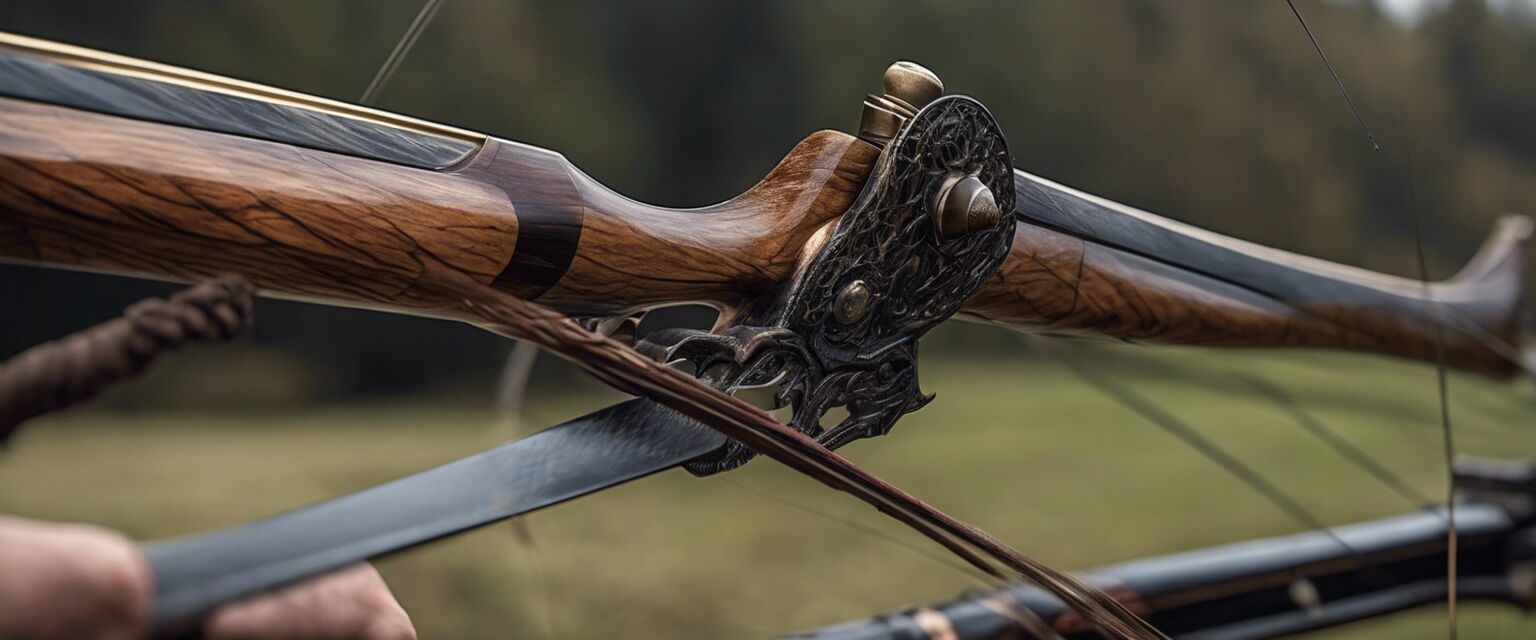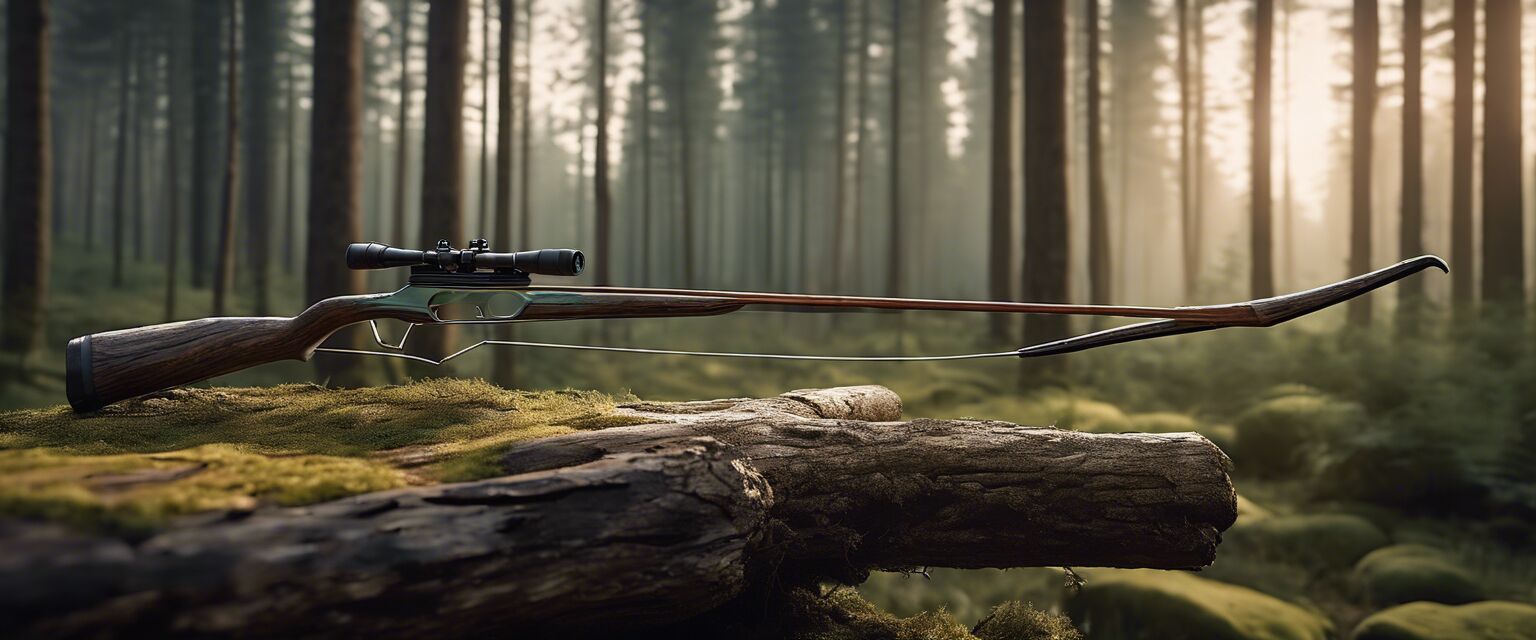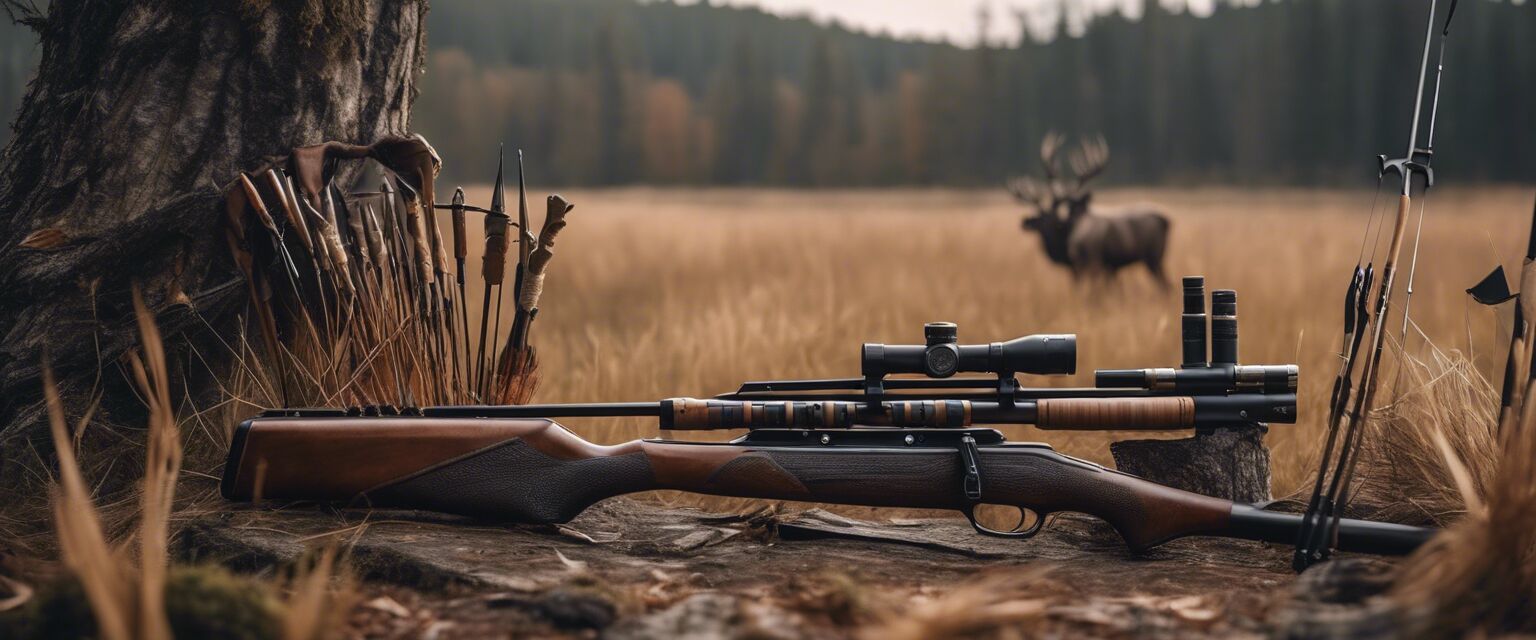
Bow Hunting Tips
Key Takeaways
- Understanding your bow and its components is crucial for success.
- Practice makes perfect â spend time honing your skills.
- Choosing the right accessories can enhance your hunting experience.
- Know the regulations in your area to hunt legally and ethically.
- Patience and stealth are key to a successful hunt.
Bow hunting is not only a thrilling outdoor activity but also a way to connect with nature. Whether you are a seasoned expert or just starting, these bow hunting tips will help you improve your skills and increase your chances of success. Read on to discover valuable insights into bow hunting techniques, equipment, and strategies.
Understanding Your Bow
Before you head out into the field, it's essential to understand the different types of bows and their components. Hereâs a breakdown:
| Type of Bow | Description | Pros | Cons |
|---|---|---|---|
| Compound Bow | Uses a system of pulleys and cables. | Powerful and accurate. | More complex to maintain. |
| Recurve Bow | Traditional bow with curved tips. | Simpler design, easy to carry. | Requires more strength to draw. |
| Long Bow | A tall, straight bow with no curves. | Classic and stealthy. | Less powerful than compound bows. |
Essential Bow Accessories
The right accessories can significantly enhance your bow hunting experience. Here are some must-have items:
- Sights: Improve accuracy and target acquisition.
- Quivers: Hold arrows securely for easy access.
- Stabilizers: Help with balance and reduce vibrations.
- Release Aids: Provide a cleaner release for better accuracy.
- Bow Cases: Protect your gear during transport.

Practice Makes Perfect
Spend time at the range to improve your skills. Here are some practice tips:
- Start with short distances and gradually increase.
- Focus on your stance and grip.
- Work on your release technique.
- Use a variety of targets to simulate hunting conditions.
Understanding Hunting Regulations
Before heading out, familiarize yourself with local hunting regulations. Key points to consider include:
- Licensing requirements
- Season dates
- Allowed hunting methods
- Bag limits for different species
For more information on local hunting regulations, you can visit your state's wildlife agency website.
Patience and Stealth
Successful bow hunters know that patience is vital. Here are some strategies to stay stealthy:
- Use camouflage clothing to blend in with your environment.
- Stay quiet and minimize movements.
- Set up in a good location and wait for the right moment.
- Practice stillness to avoid spooking wildlife.

Conclusion
Bow hunting can be an incredibly rewarding experience. By understanding your equipment, practicing regularly, and respecting regulations, youâll be well on your way to becoming a successful bow hunter. Embrace the challenges, and enjoy the time spent in nature.
Beginners Section
- Start with a bow that fits your size and strength.
- Take a bow hunting safety course.
- Join a local bow hunting community for support and advice.
- Always scout your hunting area before the season starts.
- Keep learning and adapting your techniques.
Pros
- Connects you with nature.
- Provides a sense of achievement.
- Can be a cost-effective way to source your food.
- Encourages physical fitness and discipline.
Cons
- Requires a significant time investment to master.
- Can be physically demanding.
- Weather conditions can affect hunting success.
- Initial costs for equipment can be high.
Further Reading
To enhance your bow hunting knowledge, check out these related articles:





